 © Heather Matson 2011
© Heather Matson 2011 The Minnesota chapter of the American Art Therapy Association (MNATA) is collecting letters of support for the art therapy profession to pursue licensure in our state. We are asking organizations and professionals to write letters to support the art therapy profession. The information collected will assist our efforts in gaining a specialized Art Therapy license in MN that will protect consumers and providers of the art therapy profession. Additionally, these letters will help us gain a better understanding of how art therapy is being used in the general mental health profession and community.
In order for art making to be called art therapy, it must utilize both art and therapy, and must be led by a clinician trained in both. Filling leisure time with art activities, where the primary goal is fun and learning, may be therapeutic, but it is not art therapy. The primary purpose of the art activity must be therapy, usually including assessment, as well as treatment. The therapist must know art materials and how they can aid in helping the person grow and develop.
Art therapy practice requires specialized Master’s level training and knowledge of visual art and the creative process, as well as of human development, psychological, and counseling theories and techniques. Art Therapists are also extensively trained in dealing with the effects of art materials and interventions so as to avoid regressive or harmful effects to individuals’ personal growth and well-being. At this time, in absence of a specialized Art Therapy license, art is often utilized in practice by non-art therapy trained practitioners and the boundary of what is considered “therapeutic skills using art,” and “Art Therapy” continues to be blurred. An Art Therapy license would reflect the uniquely complex educational journey of Art Therapists and protect consumers by assuring safe and professional Art Therapy services.
Our neighbors Wisconsin, and recently Iowa, have joined five states that have enacted distinct art therapy licenses, and four states that authorize art therapists to be licensed under other related mental health licenses. The state of Minnesota statue 214.001 Subd. 3.3, title protects the use of “Art Therapy” and “Art Therapist” by defining “Registration” as a “system whereby practitioners who will be the only persons permitted to use a designated title are listed on an official roster after having met predetermined qualifications.” (https://www.revisor.mn.gov) Minnesota leaders recognize the unique benefits to art therapy as a service and a profession, Governor Mark Dayton proclaimed July 7-12, 2015, as Art Therapy Week (http://mn.gov/govstat/images/Art_Therapy_Week.pdf). As the public becomes aware of the benefits of art therapy, with the addition of sufficient numbers of qualified credentialed art therapists, the need to necessitate specialized licensure of art therapists working in Minnesota becomes clearer.
On November 29, 2001, following the terrible tragedies of September 11th, Hillary Clinton’s Congressional Record Statement in support of art therapy states, “And that is why I rise today to encourage my colleagues in Congress to support the field of art therapy and expand awareness about this creative form of treatment. At this time of heightened awareness about the importance of maintaining mental health, we should recognize art therapy as a way to treat those among us who have experienced trauma.” (Congressional Record – Senate. S12154, November 29, 2001) This statement helped launch a new level of awareness and job growth for art therapists in the United States.
The American Art Therapy Association (AATA) announced on August 10, 2016 “U.S. Bureau of Labor Statistics (https://www.bls.gov/home.htm) has released a preliminary listing of Standard Occupational Classification (SOC) codes to take effect on January 1, 2018, that will classify art therapists within the 29-0000 occupation group for Healthcare Practitioners and under a 29-1129 sub-code for “Therapists: All Other.” Art therapy has been inappropriately classified under the occupational code for recreational therapists. This represents a significant “win” for art therapists and an important step forward in defining art therapy as a distinct profession on a federal level.
Influenced by AATA and other states pursuing an art therapy license, below are reasons why an art therapy license is a win-win for both the profession and consumers of art therapy services in our state.
Benefits to an Art Therapy License in Minnesota:
+ Is required to practice
+ Protects consumers and providers
+ Prevents potential harm by ensuring non-trained professionals do not practice outside their scope of education and qualifications
+ Promotes essential growth of a specific practice; something all mental health professionals must undergo
+ Sustains equality and representation
+ Ensures growth, necessary refinement, and adherence to state laws and regulations
+ Influences policy making and standards of practice
+ Qualifies practitioners for reimbursement from insurance companies
+ Ensures quality of art therapy services by a specifically trained and experienced provider
+ Provides a distinct service and reimbursement code under public and private insurance for which art therapists are qualified.
+ Enables art therapists to provide their distinct services within state law
+ RECOGNIZES ART THERAPY AS AN IMPORTANT, UNIQUE MENTAL HEALTH PROFESSION.
The Minnesota Art Therapy Association encourages professional supporters like yourself to join our licensing efforts by writing a letter of support on your organizations letterhead. Please state why you and your organization support the art therapy profession… How art therapy has helped your community… Have you witnessed or experienced any risks with the use of art therapy (HIPPA, confidentially, or ethical violation, false advertising, therapist practicing outside of their scope, etc.)?
In addition, we enclosed a template statement form for consumers of art therapy services to voice their experiences and support. All letters of support will be compiled as evidence towards the argument of a specialized art therapy license for the state of Minnesota. To help maintain confidentiality for consumers give consumers the opportunity of how they would like to be represented (name, initials, anonymous) and would suggest that their therapist coach them through their responses.
We would appreciate receiving letters by June 2nd, 2017.
Please submit letters, follow our progress and/or contact us directly at [email protected] Or Anonymously upload HERE or visit the MNATA website or Face Book and follow our Blog!
Sincerely,
Heather Matson, MA, LMFT, ATR-BC
Vice President
Licensure Committee Co-chair
Juliana Thrall, MPS, ATR
Treasurer
Licensure Committee Co-chair
Nikki Witt, MA, LPCC, ATR-BC
MNATA President
Theresa Hoglund Meuller, MA, LPC, ATR
Governmental Affairs Chair


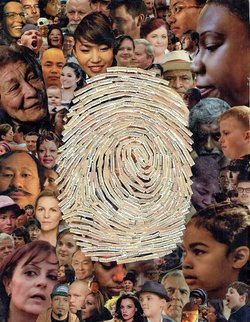
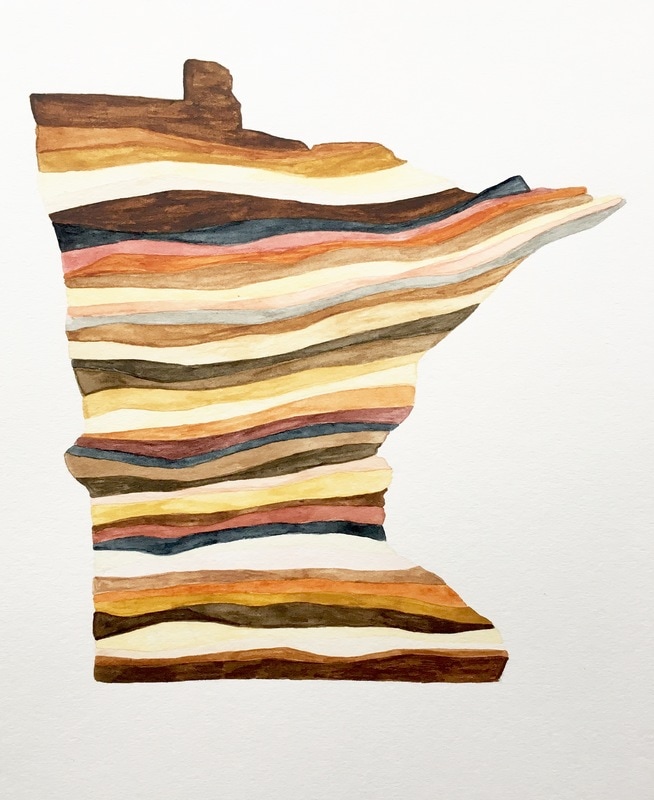
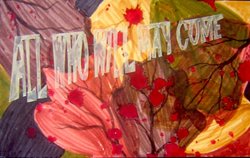


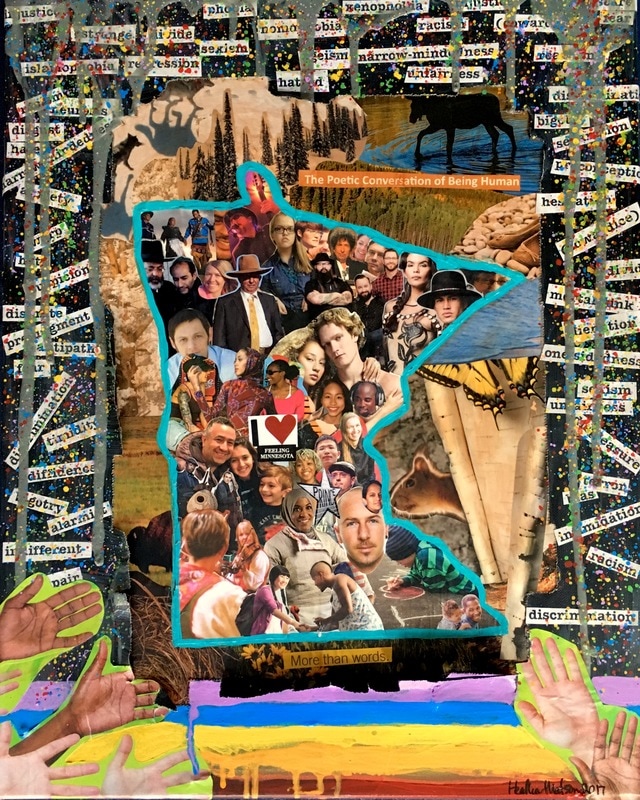


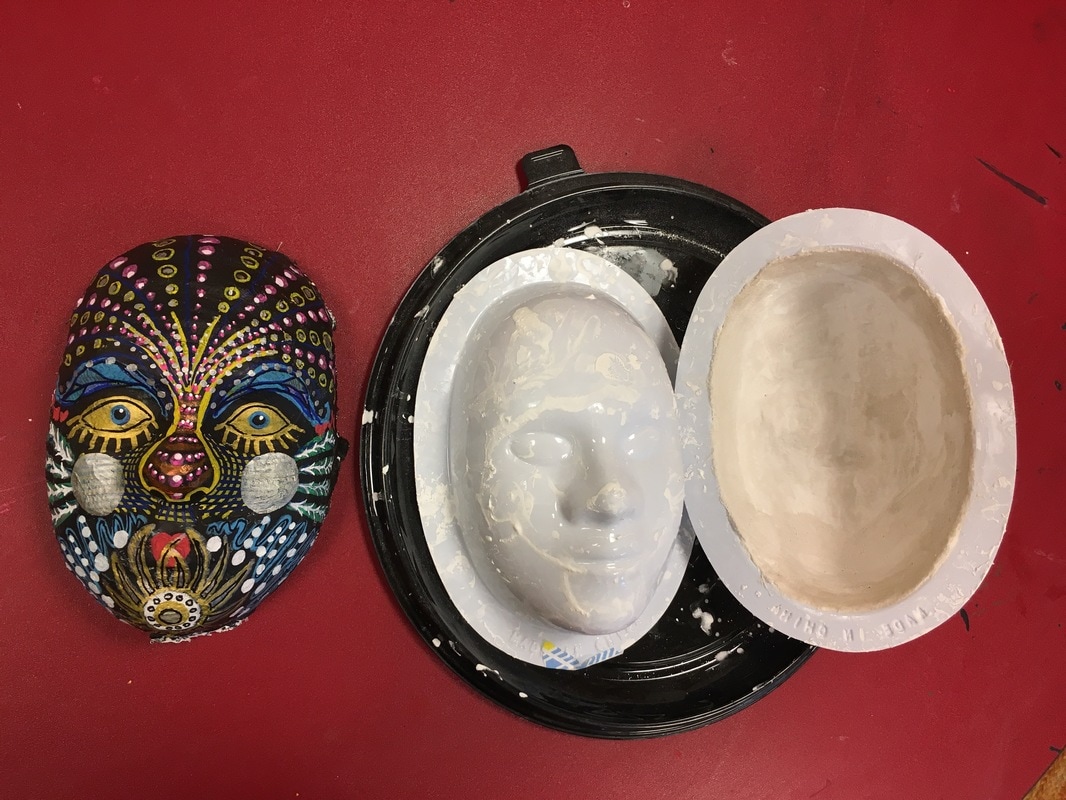
 RSS Feed
RSS Feed

